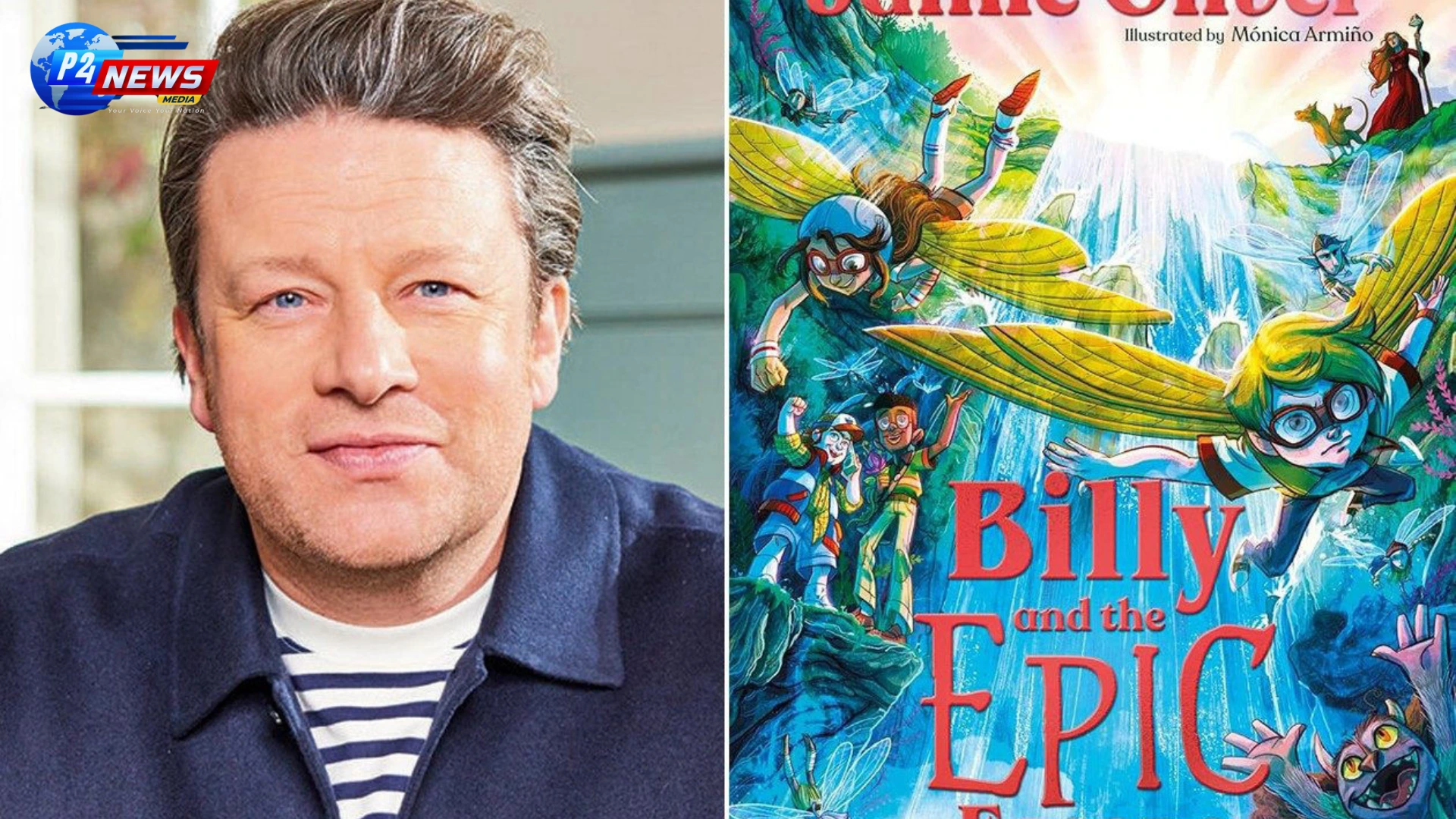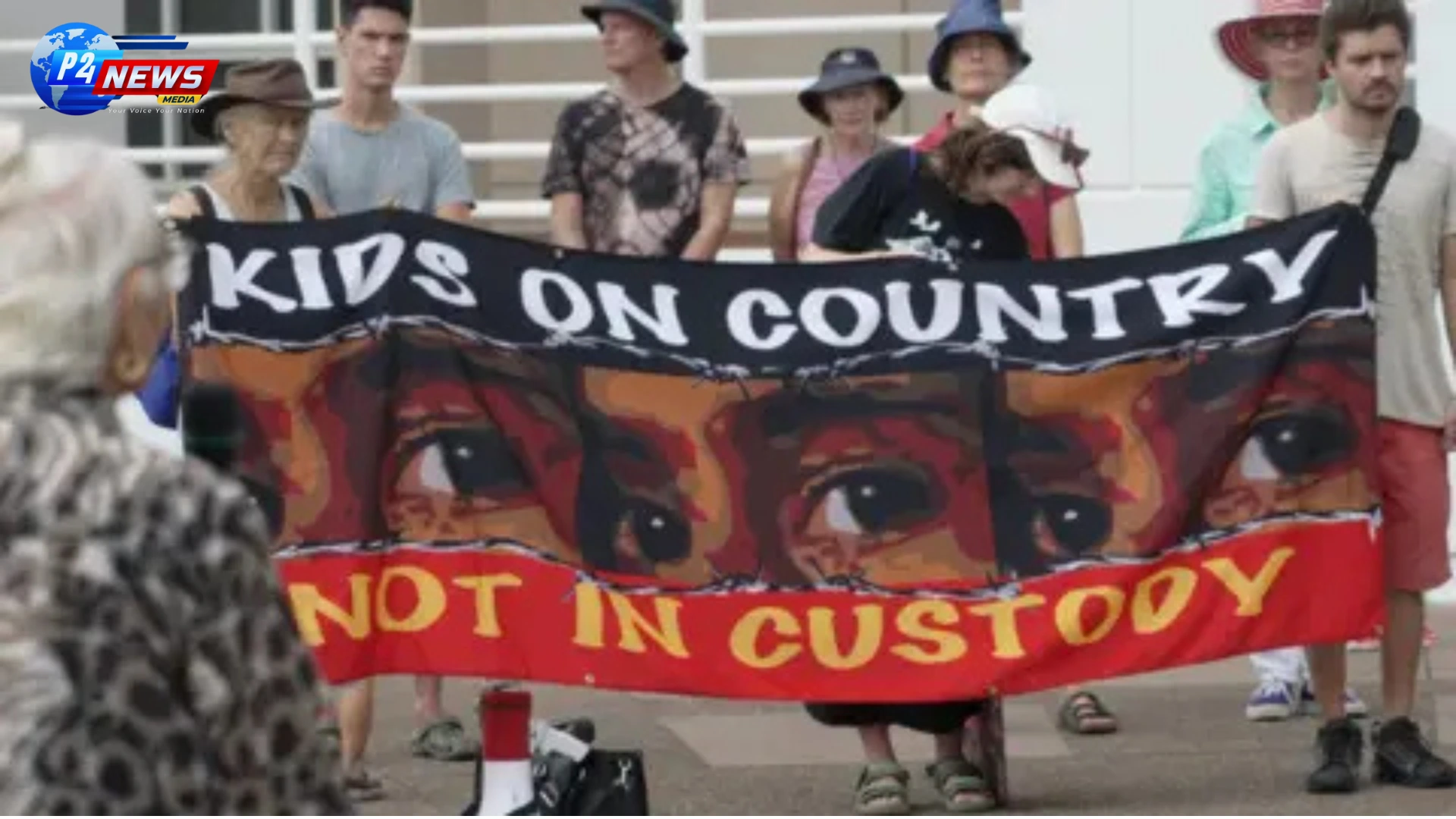Jamie Oliver has withdrawn his children's fantasy book, "Billy and the Epic Escape," following backlash over its portrayal of Indigenous Australians. Complaints highlighted stereotypes and insensitivity, leading to an apology from Oliver and a commitment to consult Indigenous voices. The book's representation raised significant cultural concerns, prompting a re-evaluation of publishing practices.
Jamie Oliver Withdraws Controversial Children’s Novel Amid Indigenous Stereotyping Claims
Celebrity chef Jamie Oliver has made headlines after withdrawing his children’s fantasy book titled “Billy and the Epic Escape,” which came under scrutiny for its portrayal of Indigenous Australians. The 400-page novel, released earlier this year, features an Aboriginal girl endowed with mystical powers who finds herself in foster care and is subsequently abducted. This narrative has sparked considerable outrage among Indigenous leaders and organizations.
Concerns Raised by First Nations Leaders
First Nations leaders have labeled the book "offensive" due to what they perceive as stereotypes and cultural insensitivity. Critics argue that the novel contains language inaccuracies and contributes to the erasure and trivialization of Indigenous experiences. The character's ability to communicate with animals and plants is framed as “the Indigenous way,” which many leaders, including Sharon Davis of the national First Nations' education body, regard as a reduction of their complex belief systems to mere “magic.”
A Historical Context of Insensitivity
The storyline also involves an abduction plot, which community leader Sue-Anne Hunter has deemed "particularly insensitive" given the historical trauma of the Stolen Generations. For decades, Aboriginal and Torres Strait Islander children were forcibly removed from their families under policies of assimilation that have left lasting scars on Indigenous communities. This context makes the narrative choices even more troubling for many leaders and advocates.
Publishing Oversights and Apologies
Oliver, who is currently promoting his latest cookbook in Australia, expressed his remorse over the unforeseen hurt caused by the publication. In a public statement, he acknowledged, “It was never my intention to misinterpret this deeply painful issue.” His comments highlight a recognition of the importance of cultural sensitivity in storytelling, especially when it pertains to marginalized communities.
Changes in Publishing Practices
The publisher, Penguin Random House UK, indicated that there was an oversight in their editorial process that led to a lack of consultation with Indigenous Australians. They affirmed that they would learn from this experience to uphold better publishing standards in the future. The seriousness of these claims has prompted a larger dialogue about how Indigenous stories are told in mainstream media.
The Importance of Authentic Representation
Dr. Anita Heiss, a Wiradyuri author and publisher, criticized the use of a colonial framework to narrate Indigenous stories, underscoring a need for authentic representation. She emphasized that there should be no space in Australian publishing for stories that lack genuine connections to the cultures and peoples they portray. Her call for change echoes the sentiments of many advocates who believe in the necessity of respectful representation and consultation in literature.
Conclusion and Future Implications
As a result of the backlash, Oliver and his team have made the decision to withdraw the book from shelves globally. Penguin Random House has reiterated its commitment to addressing the failures that led to this controversy. This incident serves as a poignant reminder of the responsibilities that come with storytelling, especially in contexts involving the rich tapestry of Indigenous cultures. The ongoing discussions surrounding this issue may lead to more stringent practices in publishing, ensuring that Indigenous voices are prioritized and respected in future literary works.
















Comments 0